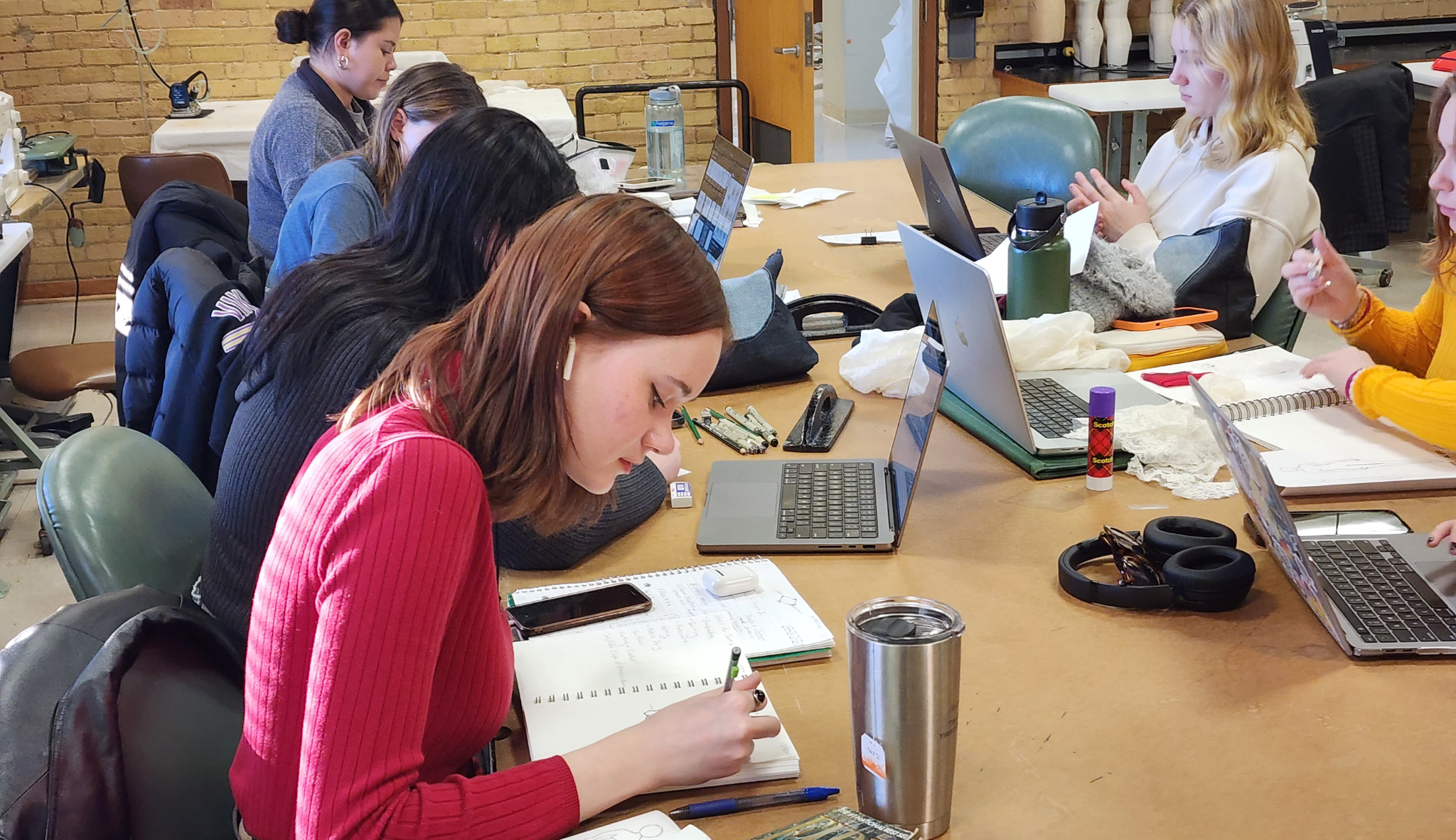
Undergraduate Student Support Services
Career & Internship Services
Within the College of Design, we offer several programs and resources specific to our students and their professional aspirations. With our comprehensive career services, you will learn to make professional connections, build your resume, and explore your career options.
International Student and Scholar Services
International Student and Scholar Services (ISSS) is dedicated to serving the University of Minnesota’s international community. ISSS hosts events and training programs, provides counseling, offers professional advising about visa issues, and more.
Forms, Policies, and Procedures
The University of Minnesota’s One Stop website is the central repository for information regarding registration, records, financial aid, billing, payment, and veterans benefits and should be your first stop when searching. However, the College of Design has collected forms and FAQs frequently requested by design students into a forms, policies, and procedures page.
Design Justice
Design Justice is committed to creating space, policies, and practices within our college that support the inclusion and retention of Black, Indigenous, and people of color (BIPOC) and other historically underinvested communities.
Health & Wellness
It's important to take good care of yourself—physically and mentally! University resources range from conventional preventative and diagnostic care and recreational facilities to mental health counselors and alternative therapies.
- Boynton Health
- Center for Spirituality and Healing
- Disability Resource Center
- Student Counseling Services
- Student Health Benefits
Mental Health Resources
The College of Design is committed to supporting the mental health of its faculty, staff, and students. Support resources can be found at mentalhealth.umn.edu, a comprehensive central hub that contains helpful information for all members of the College of Design and University community.
College of Design Mental Health Advocates
The College of Design Mental Health Advocates (MHA) are not counselors. MHAs are trained to identify and respond to students in distress, and refer them to possible resources. MHAs focus on mental health concerns of students but are available to talk with faculty and staff.





